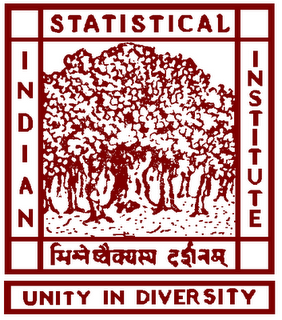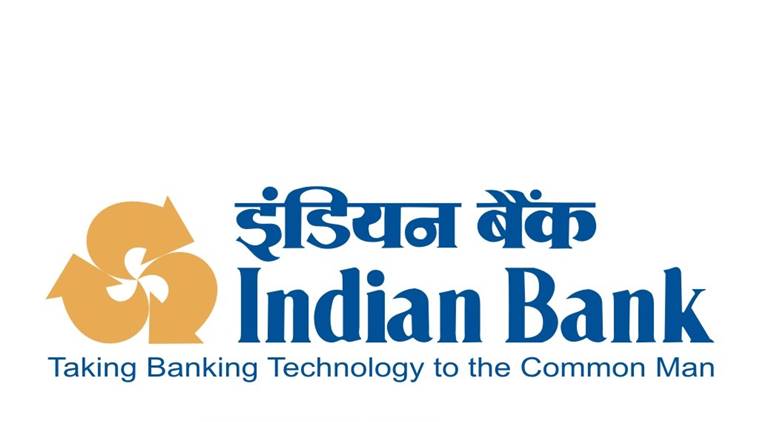




Abstract
The Empirical Content of Discrete Choice Models
by
Debopam Bhattacharya
Empirical demand models used for counterfactual predictions and welfare-analysis must be rationalizable, i.e. consistent with utility-maximization by heterogeneous consumers. This paper establishes global, closed-form conditions for rationalizability in nonparametric discrete-choice models under general unobserved heterogeneity. These conditions differ from Slutsky-restrictions for continuous goods. For binary choice, they amount to simple shape-restrictions on choice-probabilities. For multinomial choice with smooth demand, the critical condition is "Slutsky-Invariance" -- a discrete-choice analog of Slutsky-symmetry. The multinomial results are based on the theory of partial differential equations and the Picard-Lindel??f theorem. Unlike McFadden-Richter's Stochastic Revealed Preference, our conditions are closed-form, hence easy to test, impose, and use for predicting demand/welfare on counterfactual budget-sets.
Committee
Workshop
Key Dates
Communication
StatFin Main Webpage









